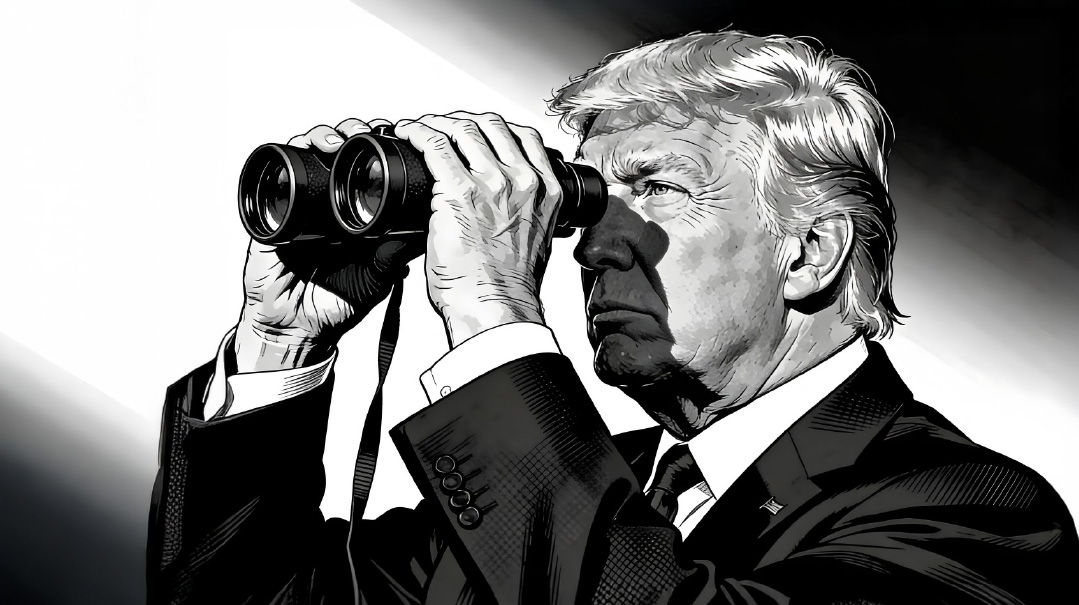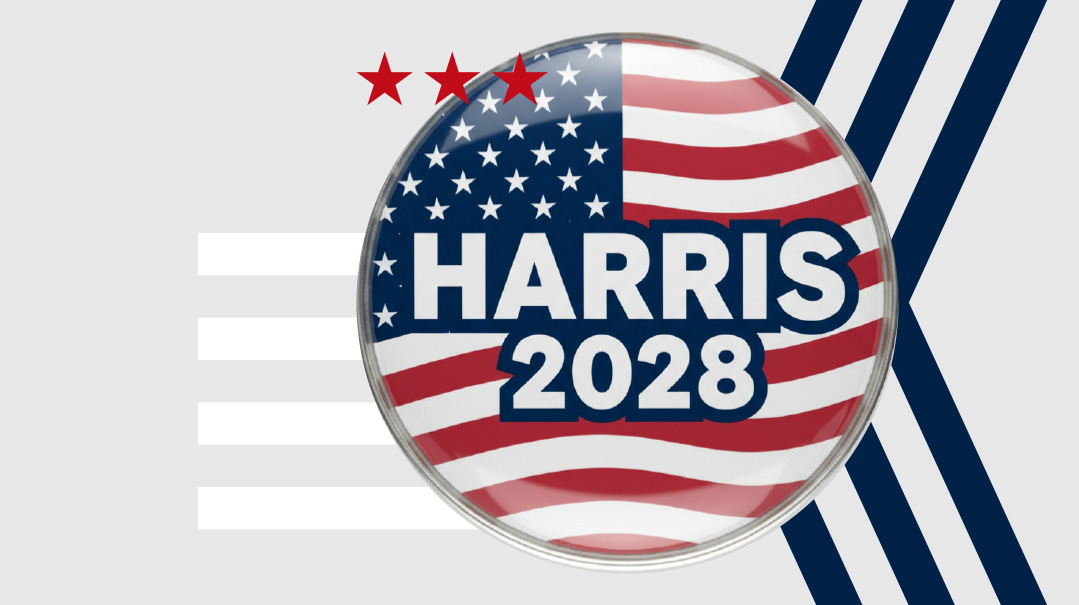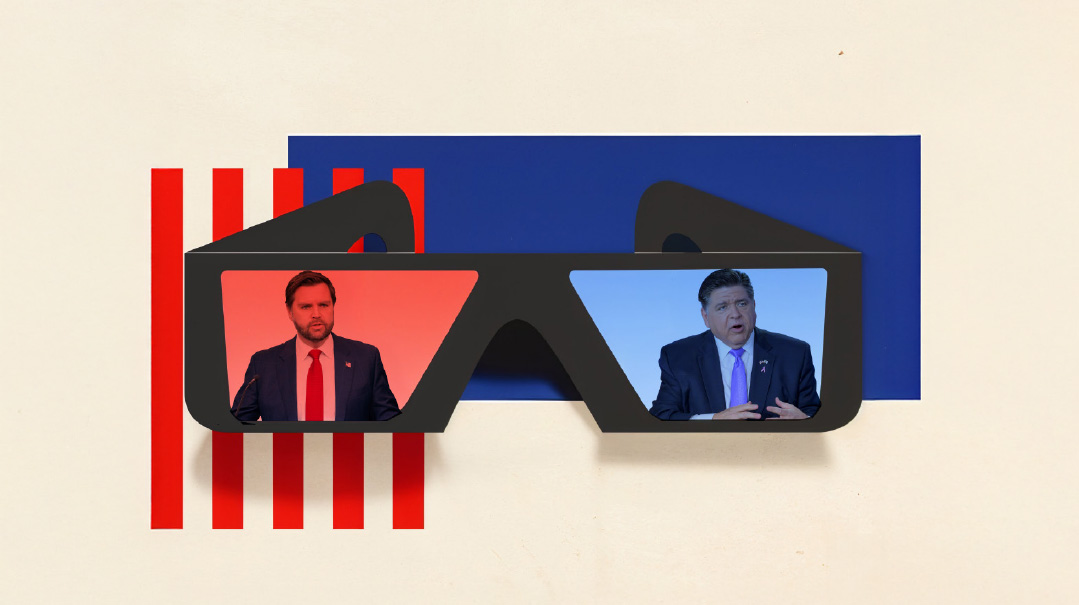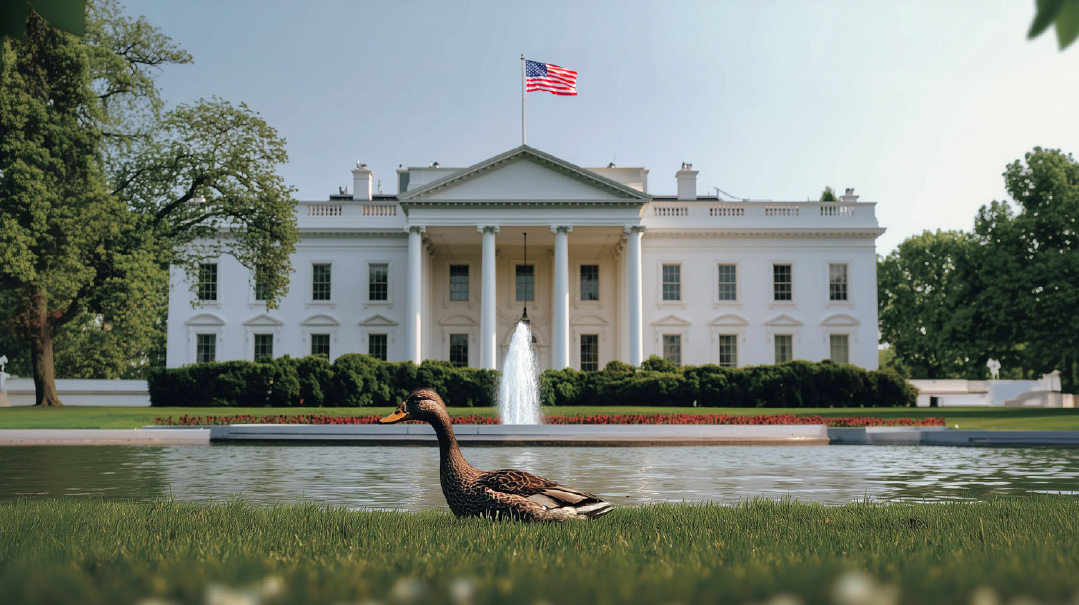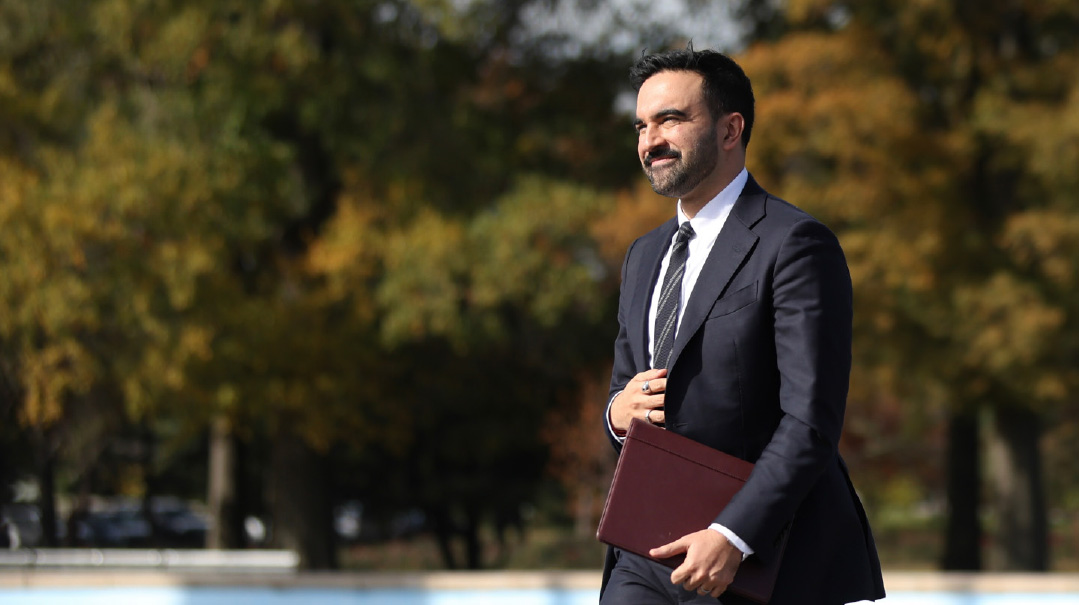The Political Fallout of California’s Wildfire
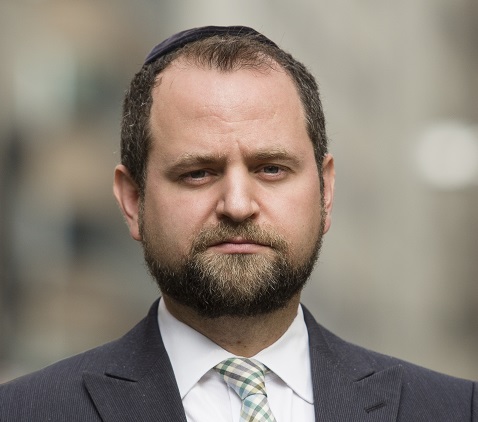
In the wake of the L.A. fires, the fallout is just beginning
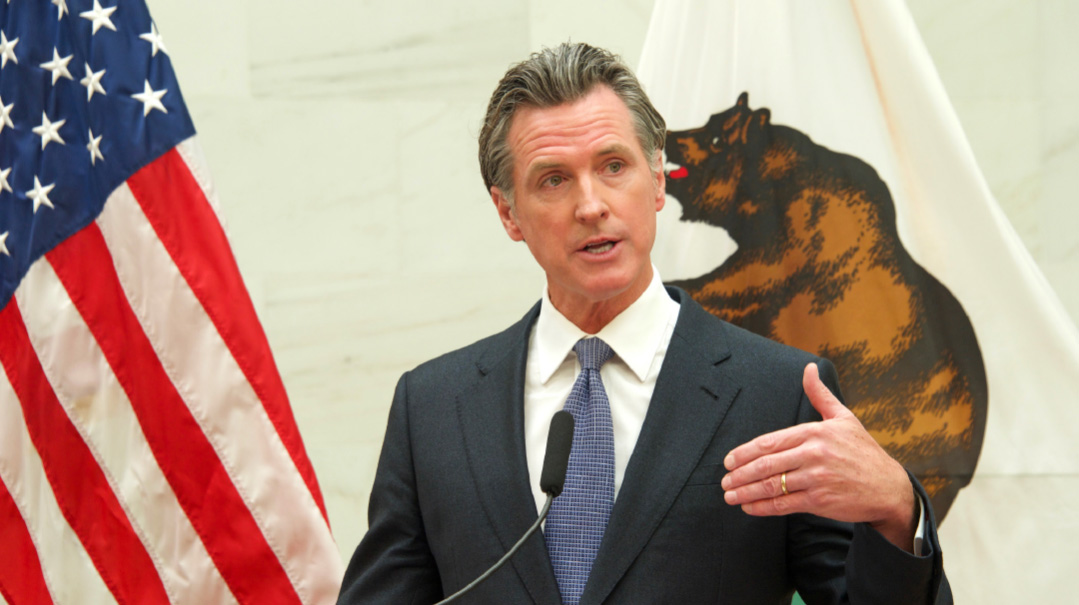
Photo: Shutterstock / Sheila Fitzgerald
T
he California wildfires are a terrible event impacting the state, the city of Los Angeles, and communities — including our own. During a crisis like this, citizens judge their elected leaders on how they are managing and leading. California is no exception to this rule, and the scrutiny of its elected officials will impact political leadership locally and nationally.
Los Angeles mayor Karen Bass has come under intense criticism. During the first 24 hours of the crisis, she was on a diplomatic mission, and since then she’s taken flak for fire department budget cuts and her seeming lack of crisis management skills. California governor Gavin Newsom hasn’t fared much better. He’s been criticized for his demeanor during this crisis and his overall management style. The scrutiny on both will only intensify, as discussions have now begun on recalling them under California’s unique system, which allows voters to remove any elected official from office before the end of his or her term.
Americans value strong leadership, especially during a crisis. They reward true leaders with election to higher office, and conversely they end the careers of those who don’t. During World War I, Herbert Hoover became the “food czar” and famously provided food to starving Europeans. Hoover’s skillful crisis management won him an increased profile, which helped him become our 31st president. Following 9/11, Rudy Giuliani’s polling and political stock rose so high that he was dubbed “America’s Mayor.”
Failure to lead during a crisis results not just in public scorn but typically in election defeats. Jimmy Carter is the most famous example of this. When he appeared helpless and ineffective during the 1979 Iran hostage crisis, Americans voted him out in 1980.
This political reality dims Karen Bass’s reelection chances in 2026. But more importantly, it greatly diminishes Gavin Newsom’s ability to mount a serious presidential campaign. Unless something changes, and quickly, Newsom will be mired in this crisis, and questions about his leadership will linger for the next few years. That is an impossible environment in which to launch a presidential campaign.
It’s funny that we’re talking about 2028 only two months after 2024, but politics is like a game of dominos — when the first one falls, it impacts the one at the very end.
Political Intel
Pulse on Confirmations:
What was initially perceived as impossible — Pete Hegseth’s nomination to lead the Defense Department — is now considered more likely than ever before. Insiders have told me that although the hard questions will continue, their feeling is that he’ll be confirmed.
When I asked about the other two who have had bumpy rides, Kash Patel (FBI) and Tulsi Gabbard (director of National Intelligence), the feeling was that Hegseth was the most controversial pick, and that if he survived confirmation, the others would. I would still watch the Gabbard nomination, as she is widely unpopular in the Democratic Party, and there will be strong attempts to vote her down.
Progressives Make Life Harder:
I have heard from numerous moderate Democrats who are plotting a comeback in 2026 and are frustrated and disappointed in their inability to control their party’s left wing. The latest example of this is a letter from the Congressional Progressive Staff Association, which asked for a shorter 32-hour workweek to “improve worker satisfaction.”
As a former congressional staffer, I can assure you the hours are far longer than 32 hours, and this is the kind of thing that irks voters who work long hours and expect their elected officials to do the same. If the far left keeps its hold on the megaphone, it’s going to be hard for the Democratic Party to reclaim power.
Biden Legacy Telling and Retelling Begins:
Presidential legacies take decades or even centuries to form, but in Joe Biden’s case, it seems like it’s taking shape in record time. Political minds are swirling over a bipartisan effort to frame Biden’s legacy the week he leaves office. House Speaker Mike Johnson relayed on a podcast this week that Biden appeared to forget he had signed an executive order on liquified natural gas. Meanwhile, Nancy Pelosi’s camp is publicly trading barbs with Jill Biden in the media over their now-fractured relationship. None of this is good for the outgoing president’s legacy, and I would expect more of this dirty laundry to be aired.
Fearless Forecast
Democratic National Committee elects Ken Martin.
For those paying attention to this fight for the political leadership of the DNC, I think it goes to Minnesota Democratic leader Ken Martin. To win this kind of position requires a lot of “inside the beltway” connections and an ability to win in 2026. Martin has both.
Ron DeSantis begins to build a comeback for 2028.
DeSantis picked his attorney general, Ashley Moody, to fill the Senate seat vacated by Marco Rubio. This is a brilliant move that puts a DeSantis ally in Washington. Look for DeSantis to play a critical role in choosing his successor in the Florida governor’s mansion in 2026, further cementing his role as Florida kingmaker and Republican leader.
Fetterman becomes a Top 5 important politician in 2025
Fetterman is an independent thinker who does what he thinks is right. More important to the electorate and the public, he speaks his mind and doesn’t toe the party line. As a result, he commands media attention and national support, which makes him politically potent. But his latest move will cement him as a Washington power broker. By brilliantly visiting Trump in Mar-a-Lago, Fetterman forms a bond that makes him a decisive vote and voice in the Senate with a direct line to the White House.
(Originally featured in Mishpacha, Issue 1046)
Oops! We could not locate your form.

